Maintaining good health is essential to support a happy and fulfilling life. As women, it is important to prioritize our health, especially when it comes to our nutrient needs. While a balanced diet is the best way to obtain essential vitamins and minerals, supplements may be a useful addition to ensure that we are meeting our daily nutrient requirements. Let's look at the most important vitamins and supplements for women's health, according to recent scientific studies.
Iron - To help with Energy Metabolism
Iron is required by both men and women, although it is especially critical for women of reproductive age owing to monthly blood loss. [1]
Iron's primary function in the body is to produce hemoglobin, a protein found in red blood cells that transports oxygen throughout the body. Iron is also required for the production of hormones.
The average American adult's iron consumption decreased from 6.6% (males) to 9.5% (females) between 1999 and 2018, according to a recent study published in The Journal of Nutrition. As a result, depending on age and gender, the estimated prevalence of iron deficiency anemia ranges from 2.2% to 10.5%.3 [2]
Women who follow a plant-based diet are more likely to be iron deficient because they will only ingest non-heme iron from plants, which is not as easily absorbed by the body as heme iron found in animal products.
What Foods Contain Iron?
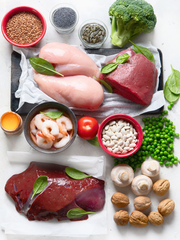
- Red meat: Beef, lamb, and pork are high in heme iron, which the body absorbs more quickly than non-heme iron.
- Poultry: Chicken and turkey are also high in heme iron.
- Iron-rich seafood includes oysters, clams, and shrimp.
- Kidney beans, chickpeas, lentils, and soybeans are all rich sources of non-heme iron.
- Iron-rich nuts and seeds include almonds, cashews, pumpkin seeds, and sunflower seeds.
- Spinach and other leafy greens are high in iron, as are kale, collard greens, and Swiss chard.
- Dark chocolate is a rich source of iron, but it should be taken in moderation due to its high-calorie content.
- Quinoa: Quinoa is a gluten-free grain that contains non-heme iron.
Calcium- To Support Bone Health
Most Mothers advise their children to drink milk for them to grow "big and strong," but many mothers overlook the value of calcium for their health.
Calcium supplementation may be of great support for women throughout menopause and perimenopause. Estrogen is essential for bone density maintenance, thus as estrogen levels drop during menopause, bone loss, and eventual poor bone density might result.
Calcium supplements, particularly those with magnesium and vitamin D3, may help support strong healthy bones.
What Foods Contain Calcium?
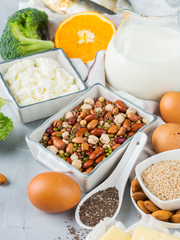
Calcium is found in a variety of meals, not simply in milk and other dairy products. Good sources include fruits, leafy greens, beans, nuts, and some starchy vegetables. [3]
- Milk from cows, goats, and sheep, as well as fortified plant-based milk (almond, soy, rice)
- Cheese
- Yogurt
- Orange juice enhanced with calcium
- Squash in the winter
- Tofu prepared with calcium sulfate; Edamame (young green soybeans).
- Sardines and salmon in cans (with bones)
- Almonds
- Greens with a lot of leaves (collard, mustard, turnip, kale, bok choy, spinach)
Collagen & Hyaluronic Acid - For Skin Health
Healthy, glowing skin begins with what you put in your body, not simply what you put on it.* Some people’s skin may not generate as much oil as it used to in older age. This causes drier skin, which may accentuates fine lines and wrinkles. [4]
One of the greatest methods to support your skin las you age is to hydrate it from within. Hyaluronic acid, your body's natural moisture, is abundant in your skin, eyes, and joints. UV radiation, sunshine, smoking, pollution, and aging may all diminish the quantity of hyaluronic acid in your body..*
Collagen has also been said to be helpful for skin health.* Collagen is a protein produced by the body that plays an important part in the formation and function of skin, cartilage, bones, and other tissues.
What Foods Contain Collagen & Hyaluronic Acid?
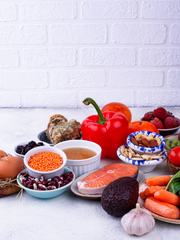
Collagen and hyaluronic acid are mostly present in animal products. Here are a couple of such examples:
- Bone broth is an excellent source of collagen and hyaluronic acid. It is created by boiling bones for many hours to extract nutrients and minerals such as collagen and hyaluronic acid.
- Meat: Animal-based protein sources including beef, poultry, and pork are high in collagen.
- Fish: Fish is high in collagen and provides other nutrients such as omega-3 fatty acids.
Turmeric & Ginger - For Joint Health
Whether you're an athlete or not, life may take a toll on your joints. Prioritizing joint health may allow you to move easily while avoiding injury.
Turmeric is known by many as a ‘soothing’ . It contains an antioxidant and is said to support the immune system. [6]
There are a lot of ways on how to consume these powerhouse ingredients. Some people combine them by putting them in juice, tea or even food. However, one of the easiest ways is via supplementation, taking a Turmeric and Ginger supplement..
That’s why here at Nature’s Branch, we would like to present our Turmeric Curcumin and Ginger supplement. With 95% standardized curcuminoids, we deliver a premium 1950mg complex of Turmeric, Curcumin, Ginger & BioPerine black pepper in 90 extra strength vegan capsules, Our Turmeric and Ginger supplement includes BioPerine for superior absorption and helps to support movement, soreness and joint stiffness. Our Turmeric and Ginger with BioPerine capsules are also non-GMO, gluten free and are made in the USA with global ingredients. Each batch is third-party tested for potency, and quality.
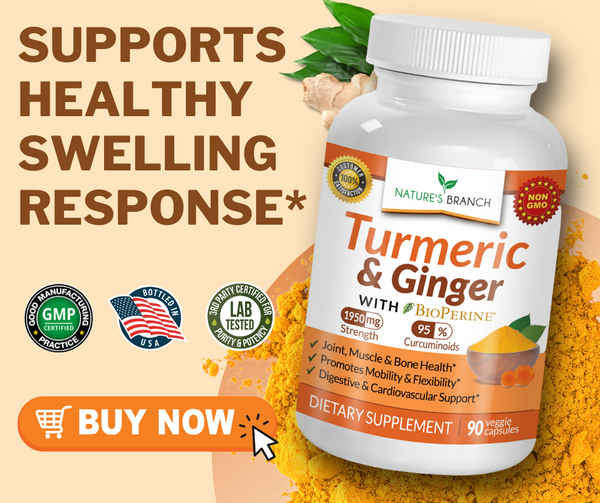
References:
-
Coad, J., & Conlon, C. A. (2011, November 1).Iron deficiency in women. Current Opinion in Clinical Nutrition and Metabolic Care; Lippincott Williams & Wilkins. https://doi.org/10.1097/mco.0b013e32834be6fd
-
Sun, H., & Weaver, C. M. (2021, July 1).Decreased Iron Intake Parallels Rising Iron Deficiency Anemia and Related Mortality Rates in the US Population. Journal of Nutrition; Oxford University Press. https://doi.org/10.1093/jn/nxab064
-
Calcium. (2023, March 7). The Nutrition Source. https://www.hsph.harvard.edu/nutritionsource/calcium/
-
Ganceviciene, R., Liakou, A. I., Theodoridis, A., Makrantonaki, E., & Zouboulis, C. C. (2012, July 1).Skin anti-aging strategies. Dermato-endocrinology; Taylor & Francis. https://doi.org/10.4161/derm.22804
-
Bolke, L., Schlippe, G., Gerss, J., & Voss, W. (2019, October 17).A Collagen Supplement Improves Skin Hydration, Elasticity, Roughness, and Density: Results of a Randomized, Placebo-Controlled, Blind Study. Nutrients; MDPI.https://doi.org/10.3390/nu11102494
- Dodson, C. (2018, March 23). Nurturing female health with turmeric. Wild Nutrition®. https://www.wildnutrition.com/blogs/our-blog/nurturing-female-health-with-turmeric#:~:text=Through%20its%20rich%20and%20varied,Premenstrual%20symptoms%20and%20cycle%20balance


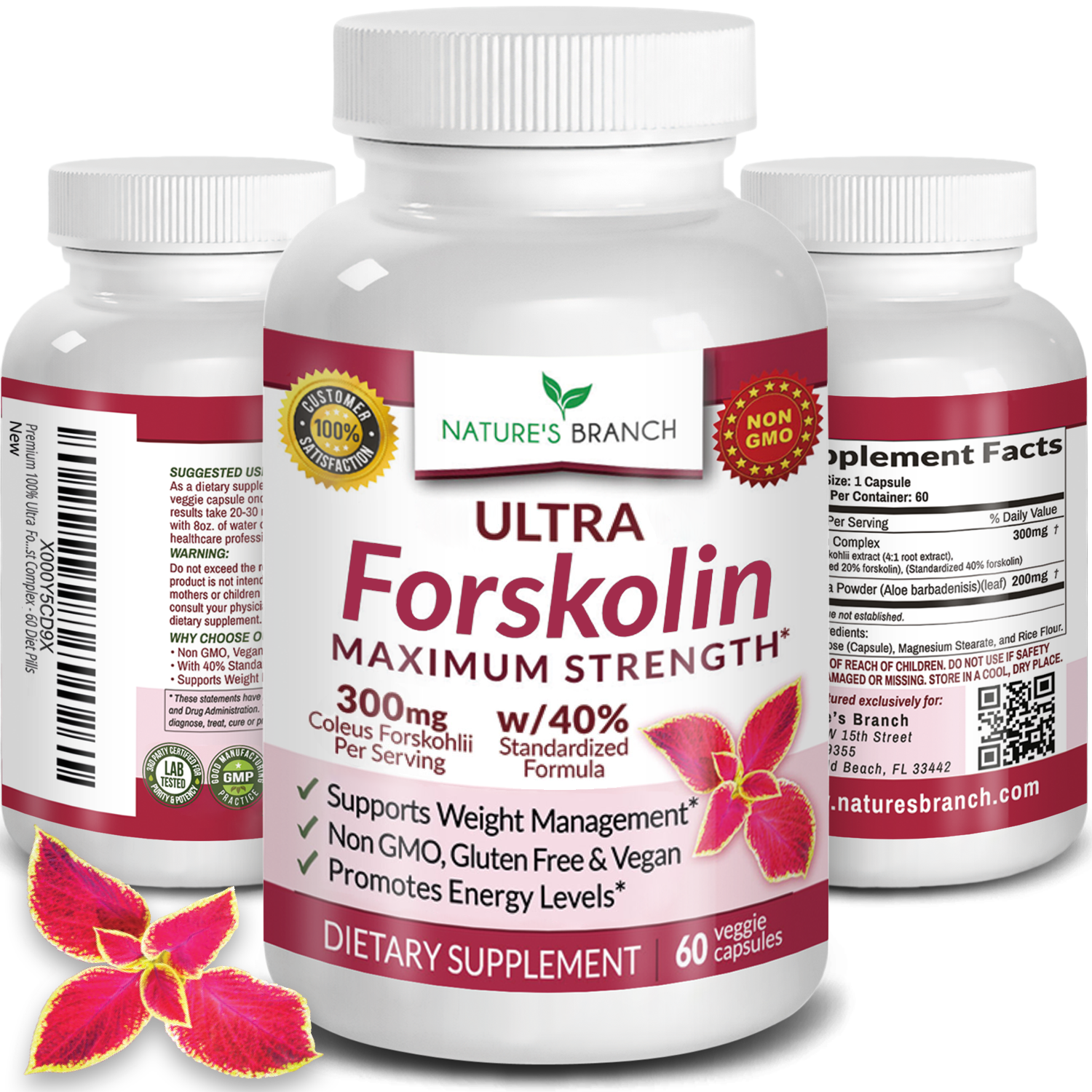
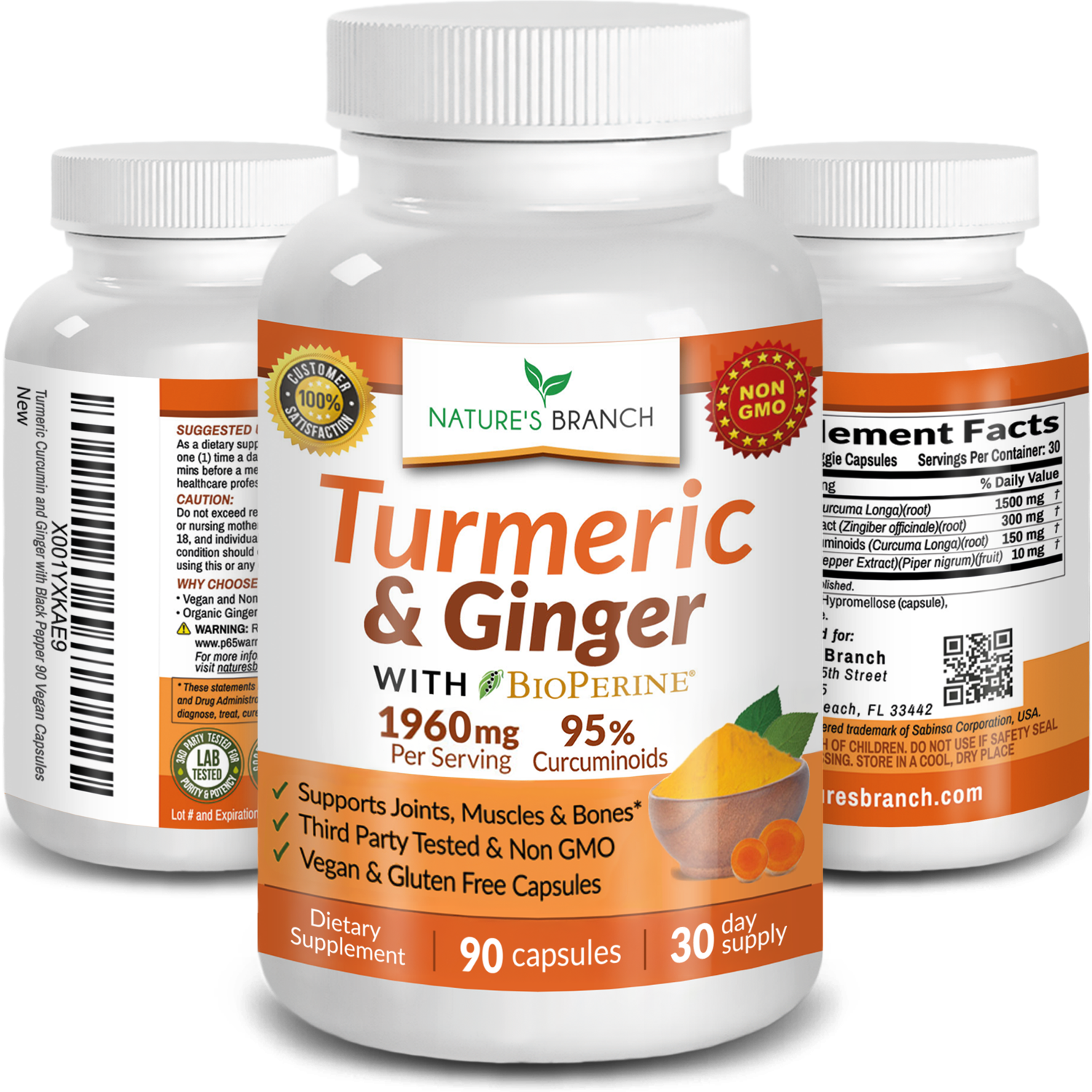
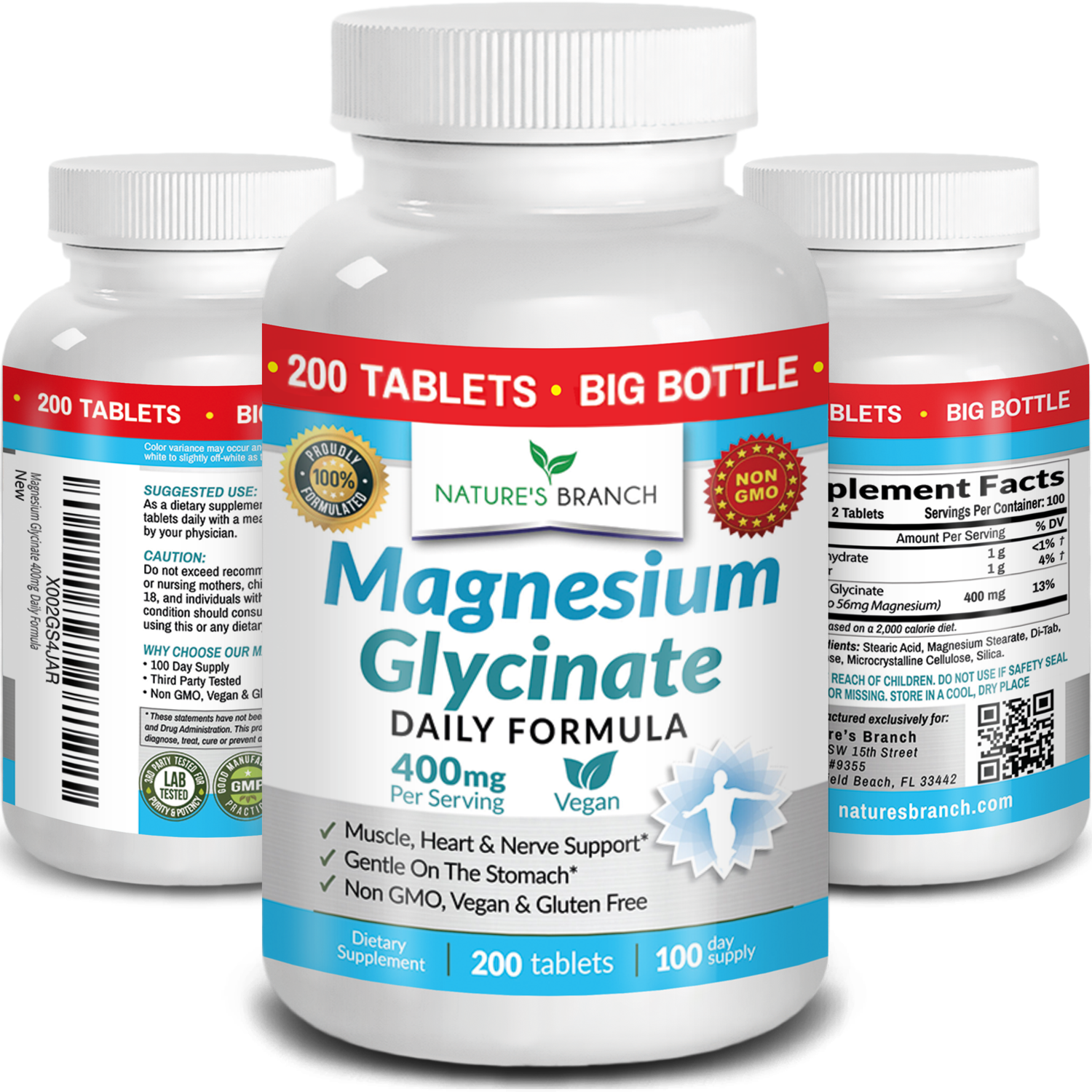
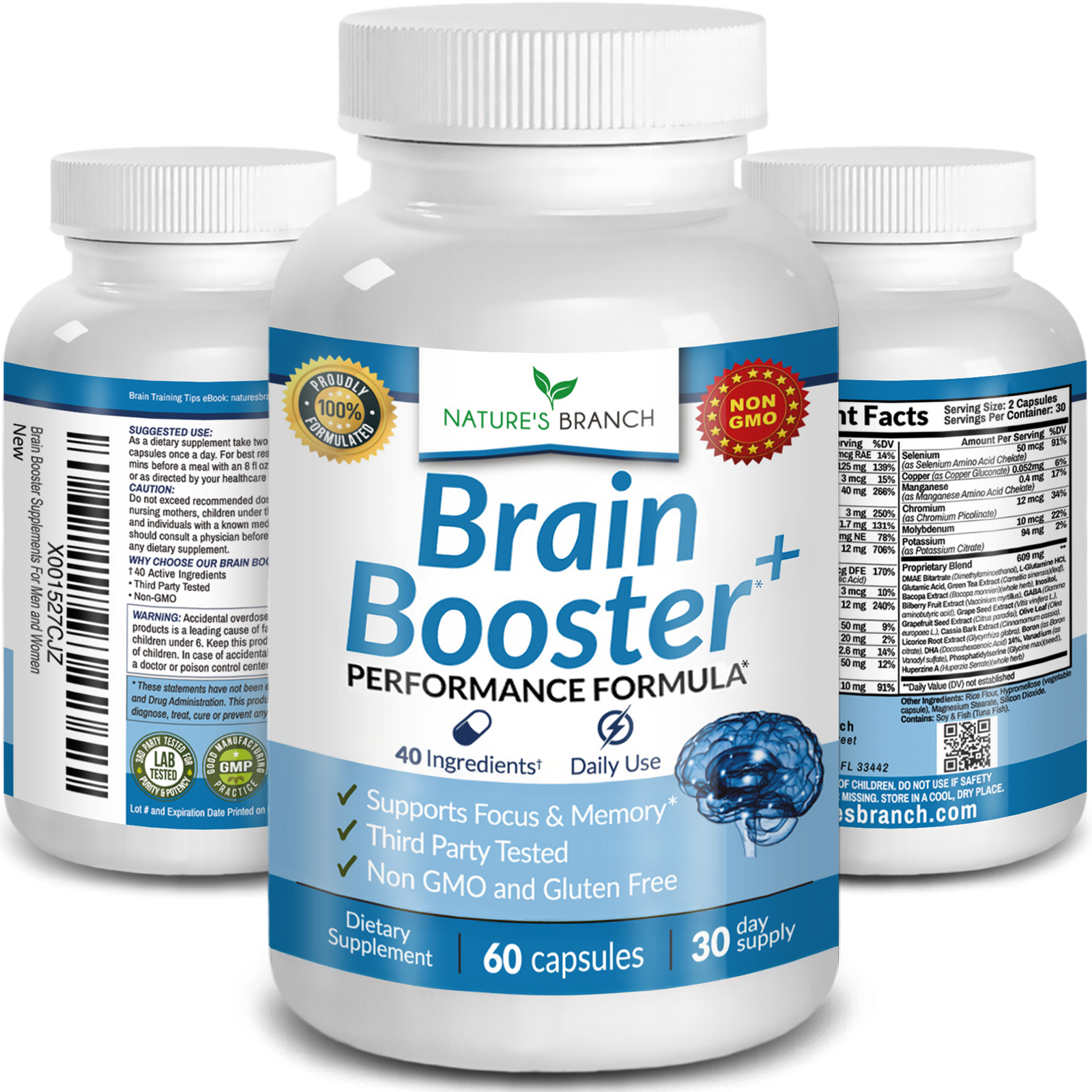



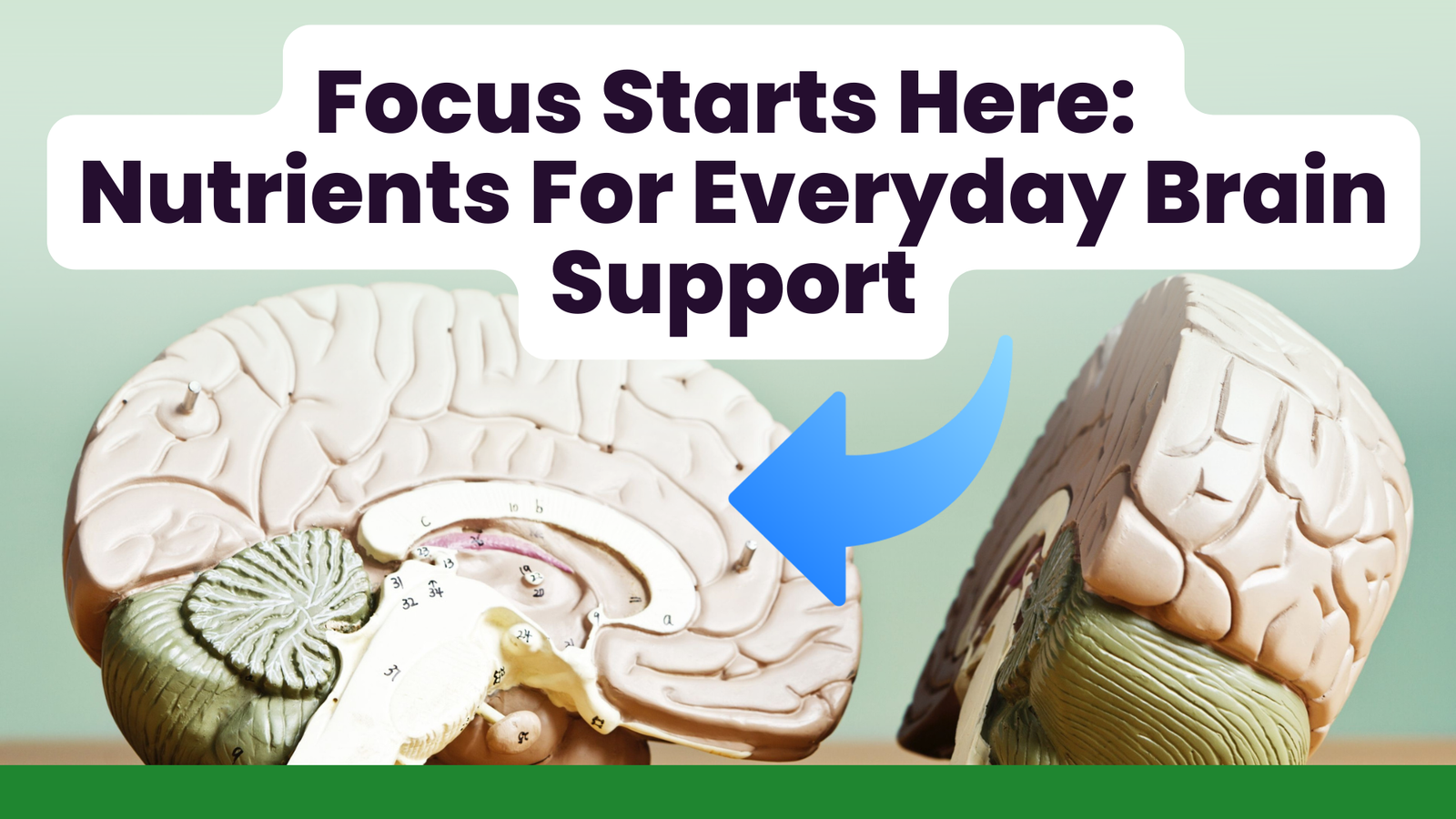
Leave a comment (all fields required)